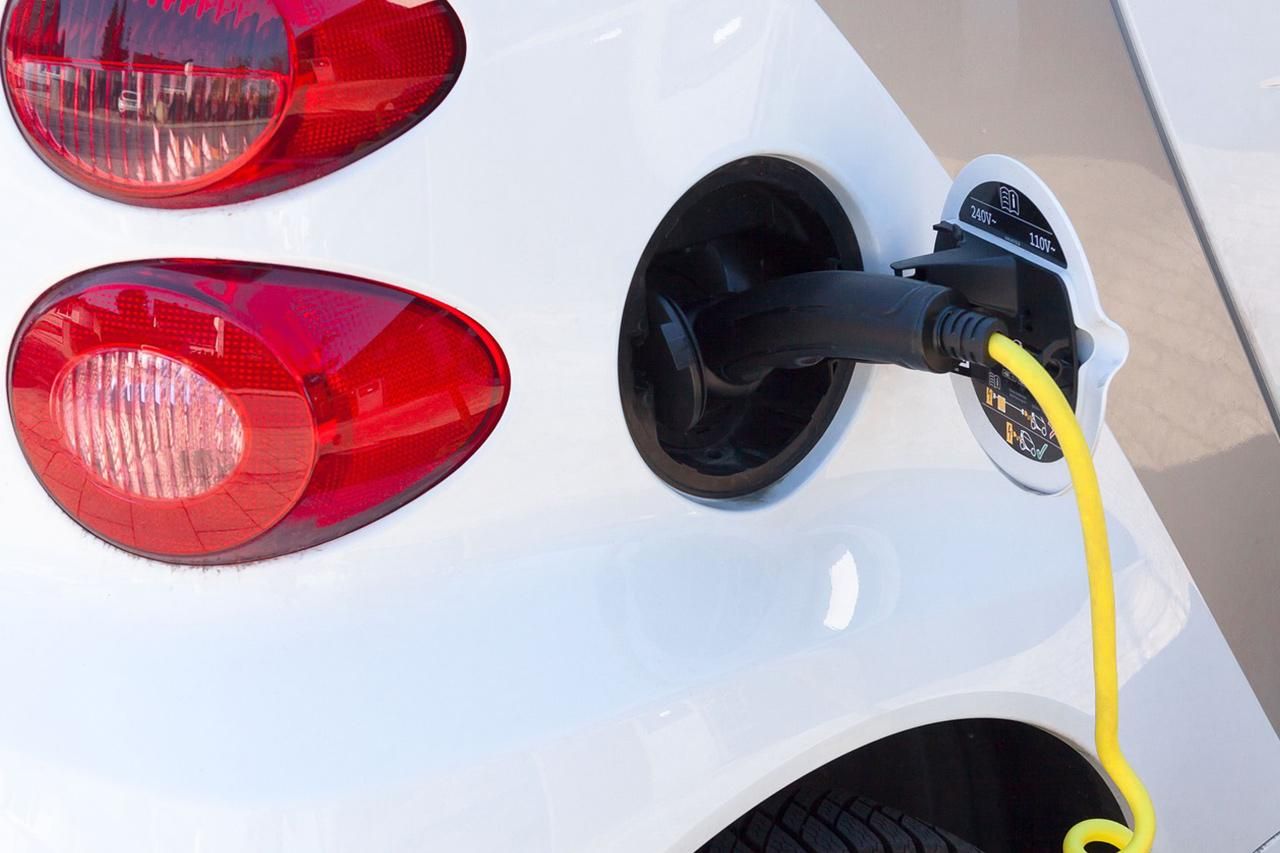
Which are the automotive main trends 2024?
The automotive sector continues to suffer from shortages and delays that ongoing geopolitical tensions cause on production, deliveries and supply chain. According to the Findomestic Observatory, a tool that provides all the economic subjects with studies and investigations on consumer behavior and the performance of the main consumer goods markets, the growth in consumption of durable goods (vehicles, furniture and technological) recorded in 2023, will slow down in 2024. The causes must be identified in the climate of continuing uncertainty, inflation and its effects on the purchasing power of Italians. On the other hand, however, the ecological transition and technological evolution are strong pushes forward for companies that will be able to adapt to change.
Overall, 2024 is shaping up to be a year full of complex but overall clear challenges, especially for the electricity sector, which continues to suffer from:
– High costs of electric vehicles
– Limited autonomy compared to cars with internal combustion
– Shortage of charging stations (still insufficient to uniformly cover the Italian territory, despite the number growth in the first months of the year)
– Lack of new digital skills among the sector’s workforce to manage new technologies and new business models
Here are some of the main trends that will characterize the Italian automotive sector in 2024.
Autonomy and connectivity
An increase in the level of autonomy is expected, with the spread of level 3 autonomous driving systems (conditional automation – limited autonomous driving on motorways or in congested traffic situations). 5G connectivity improves safety and the driving experience, offering new services and applications.
In the age of connectivity, cars are evolving from means of transportation into intelligent, interconnected devices. The IoT is leading a change that enables features such as remote vehicle monitoring, over-the-air updates and improved security measures. This comes alongside growing concerns about data security and privacy, resulting in patent disputes.
Mobility as a service (MaaS)
MaaS is a new way of moving that replaces the concept of personal ownership of the vehicle with that of shared mobility, as a service that can be used as needed. It consists of coordinating the offer of multiple integrated services by public and private providers through a single tool (usually a portal) that makes various modes of transport accessible on demand.
MaaS will be particularly widespread in large cities, where traffic congestion and lack of parking make owning a private car less convenient.
Personalization and digitalization
The demand for vehicles equipped with digital technologies is expected to grow. Dealers will therefore be required to integrate digital tools to offer customers a personalized purchasing and after-sales experience. The role of the dealer will increasingly shift to the consultancy and services area (maintenance and repairs, mobility services and company fleet management).
Growth of electric vehicles
According to estimates by Motus-E, the association representing the electricity supply chain in Italy, registrations of electric vehicles should amount to 20% of the total during the year. It is expected that the growth of the EV market will see companies as protagonists, thanks to the tax advantages and the resulting image benefit. In the meantime, charging stations recorded a leap forward of 31.5% compared to 2023 (March 2024 data), a key factor for the diffusion of EV vehicles. Today Italy counts over 54,000 charging points for public use.
At the same time, we see a physiological paralysis of the market due to the wait for the implementation of the Ecobonus and the new incentives, delayed until May due to bureaucratic delays. The incentives would then have been cut by 400 million by the Meloni Government, which with the Cohesion Decree will probably opt for a diversion of resources.
According to a report from early May, registrations of EV cars have fallen by 20% compared to 2023. Italy is the protagonist of a singular phenomenon at a European level: faced with the boom in charging stations, the electric car market is struggling to take off. The success of the transition will only be achieved when vehicles and infrastructure move hand in hand.
Changes in the production chain
Reduction and progressive abandonment of the production of many components of endothermic vehicles (pistons, transmission valves etc) and development of new components such as batteries, inverters, softwares.
Renewed attention to reducing costs and emissions through digital
Cost reduction also involves careful and proactive management of available resources. Remaining in the automotive sector, a good example is that of company fleet management. This is where Fleet Manager comes into play, a software that concentrates all the data useful for managing medium and large car fleets in a single safe place. Deadlines, income and expenses, fuel and maintenance costs, km travelled, document generation and storage and much more are always under your control. Fleet Manager is currently in use at one of the major Italian car manufacturers and two large German manufacturers.
Towards smart process management
Digitalizing business processes in the automotive sector is one of the key factors for riding the wave of change towards reducing consumption and containing costs. We at Peritus work with you to ride this wave, integrating your workflows with the most advanced technologies, to allow you to work in an agile, automated and predictive way.
Do you think we can help you? Contact us without obligation!